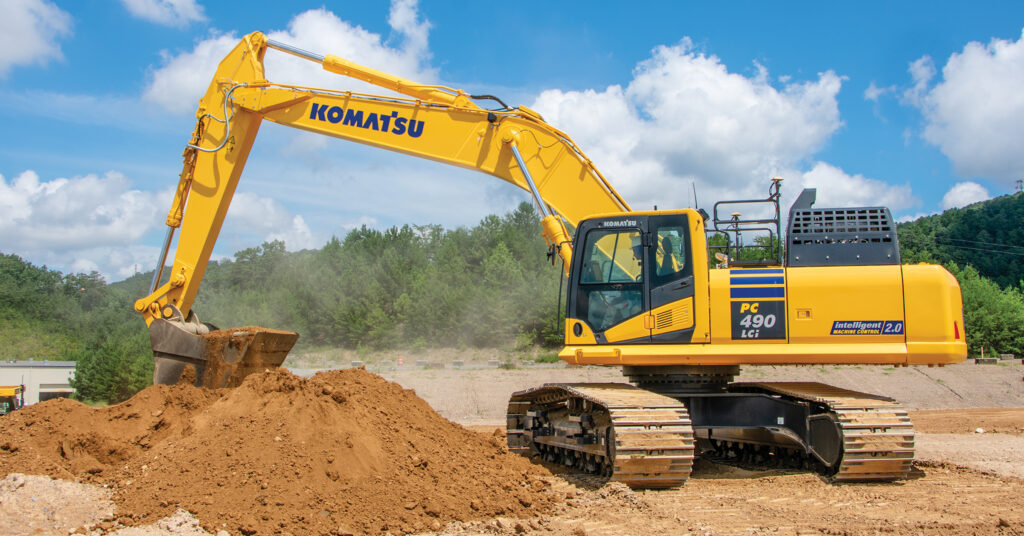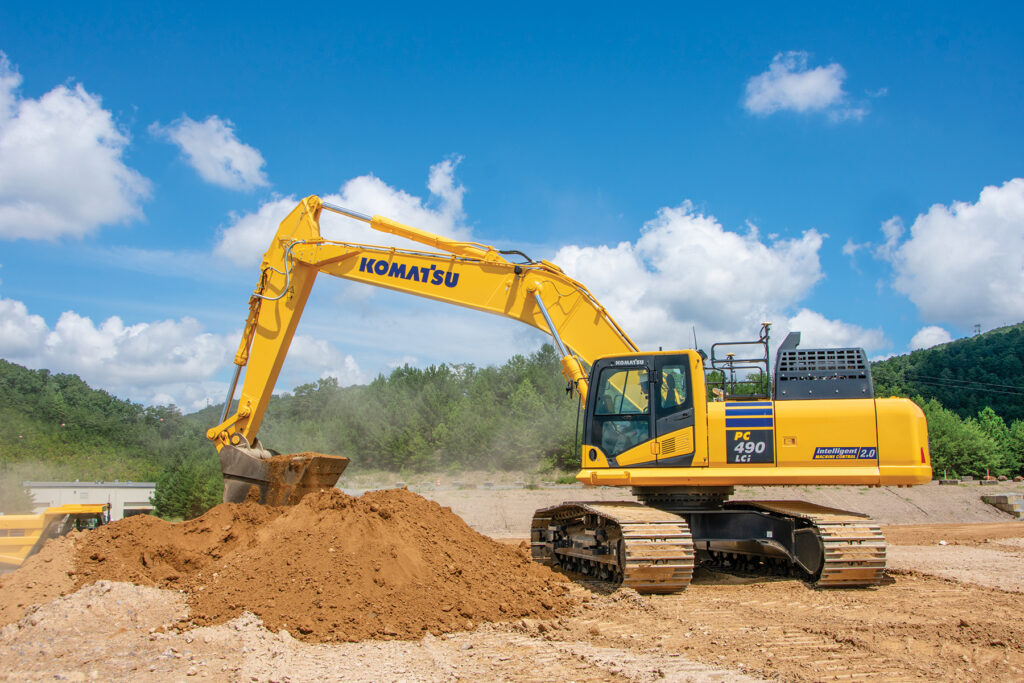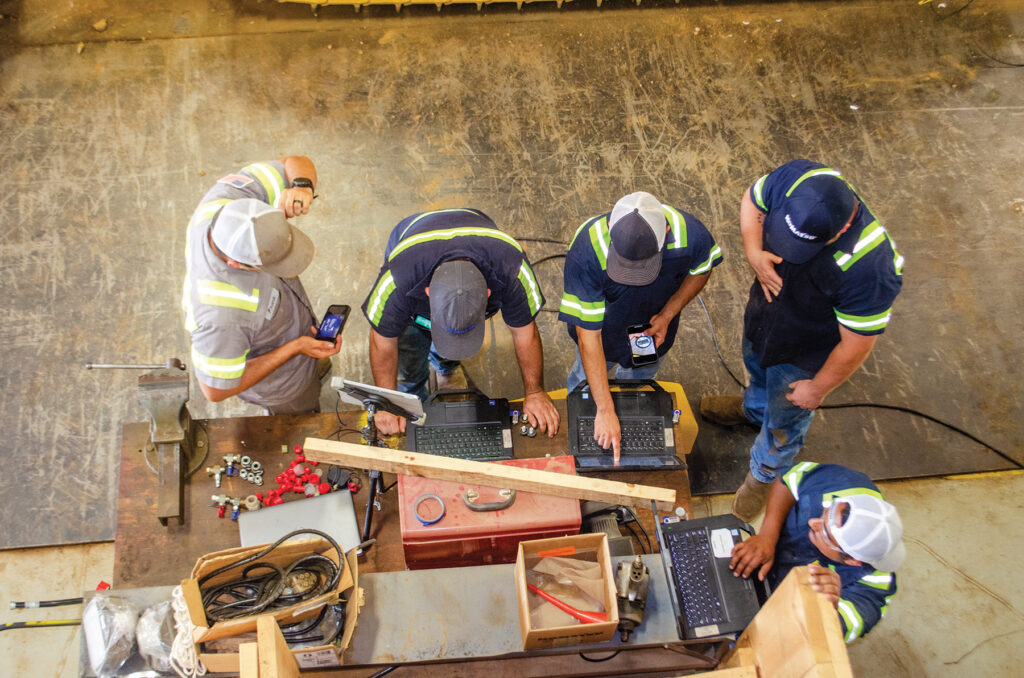
Industry Insight
Survey shows significant flaws in nation’s approach to preparing workers for construction careers
Too few candidates have the basic skills needed to work in high-paying construction careers, forcing short-staffed contractors to find new ways to keep pace with demand, ultimately undermining efforts to build infrastructure and other projects, according to the findings of a workforce survey conducted by the Associated General Contractors of America and Autodesk. The results highlighted significant shortcomings in the nation’s approach to preparing workers for construction careers.
“It is time to rethink the way the nation educates and prepares workers,” said Ken Simonson, Chief Economist at AGC.
Simonson noted that 85% of construction firms report that they have open positions they are trying to fill. Among those firms, 88% are having trouble filling at least some of those positions — particularly among the craft workforce that performs the bulk of on-site construction work.

All types of firms are experiencing these challenges regardless of annual revenue, geographic region, kinds of projects, or if their employee base is union or open.
One of the main reasons labor shortages are so severe, Simonson added, is that most job candidates are not qualified to work in the industry. He said a “shocking” 68% of firms reported that applicants lack the skills needed to work in construction. In addition, one-third reported that candidates cannot pass a drug test.

Increased pay, creative recruitment
Many construction firms are taking steps to cope with and try to overcome workforce shortages. During the past year, 81% of firms have raised base pay rates for their workers. In addition, 44% are providing incentives and bonuses, and 26% have also improved their benefits packages.
Contractors are also using creative ways to recruit workers, such as social media and targeted digital advertising. Additionally, they are increasing investments in their internal training programs to address candidates’ lack of necessary basic hard and soft skills. Technology can also increase attractiveness to potential employees and plays an ever-increasing role in construction.
“For potential hires, a career opportunity in construction should mean an opportunity to work with advanced technology and perform safe, meaningful work,” said Allison Scott, Director of Customer Experience and Industry Advocacy at Autodesk. “As firms adopt more digital technologies and create stronger classroom and training pathways, we’ll begin to see a new generation enter the industry equipped with the tools and skills needed to tackle construction’s largest challenges.”



